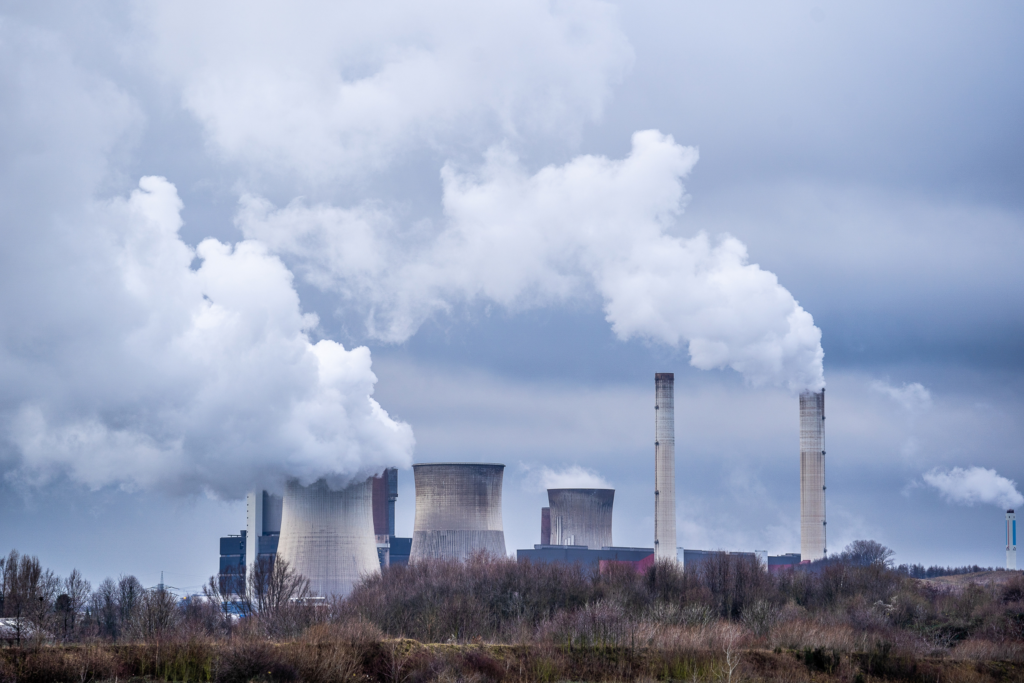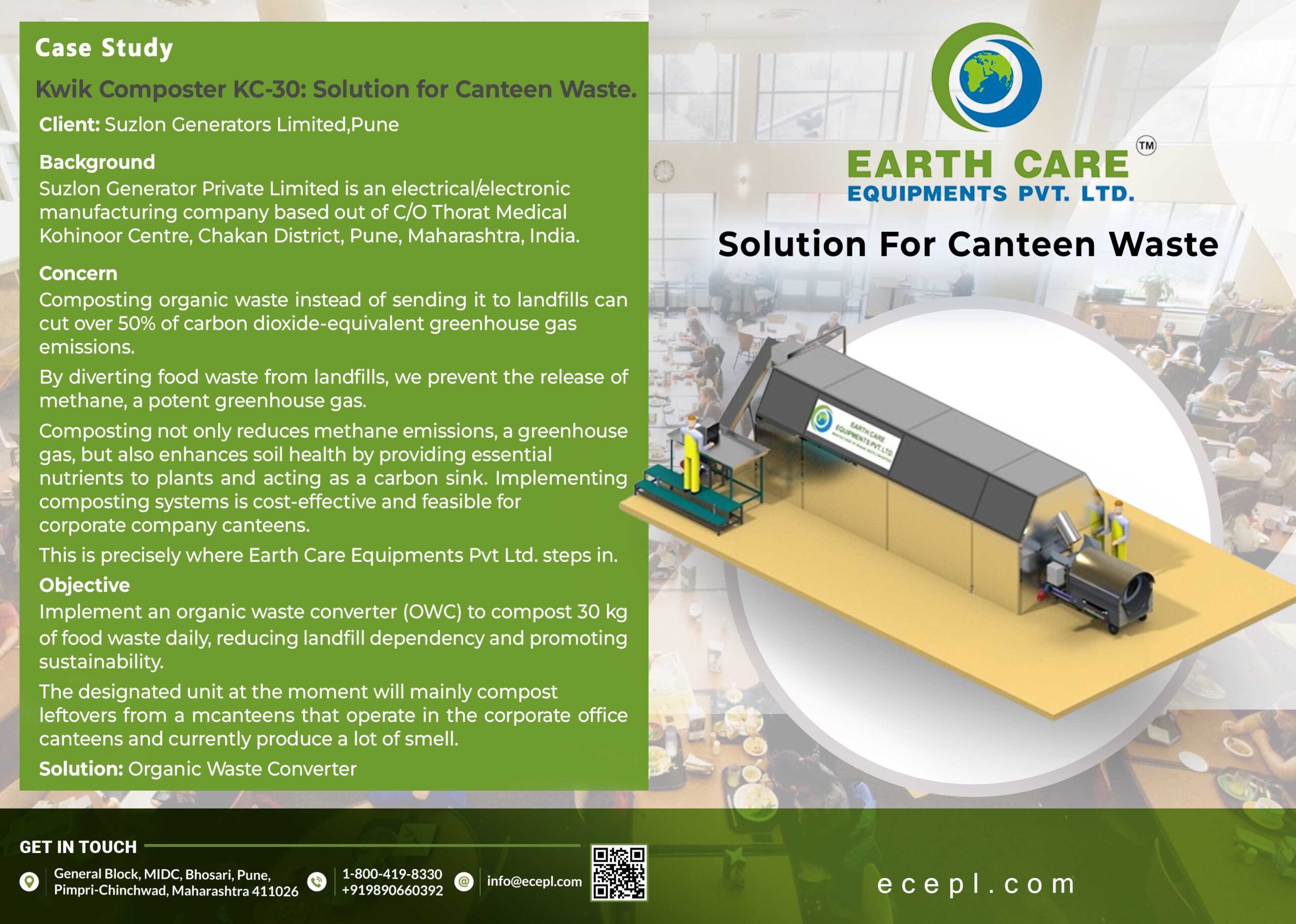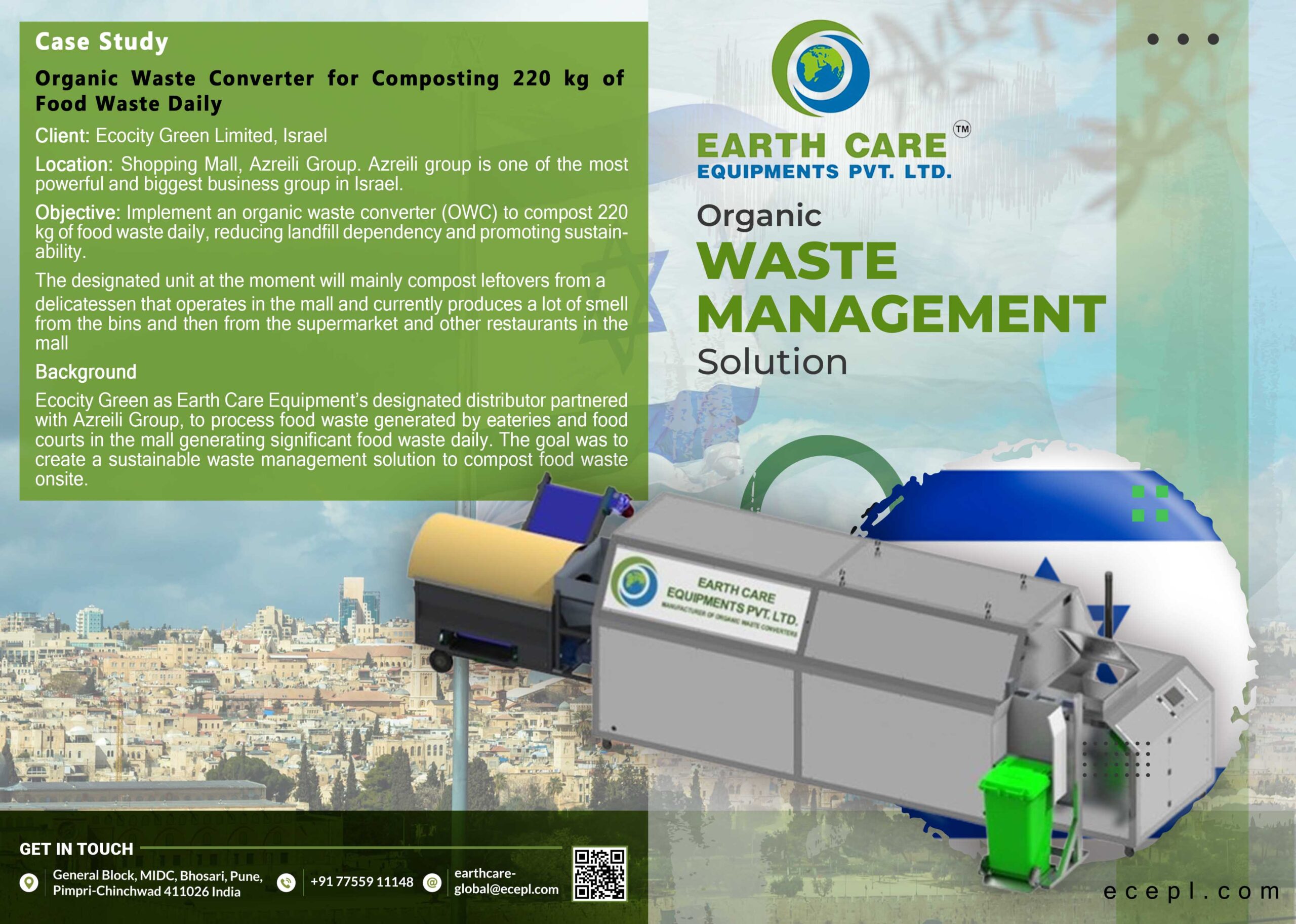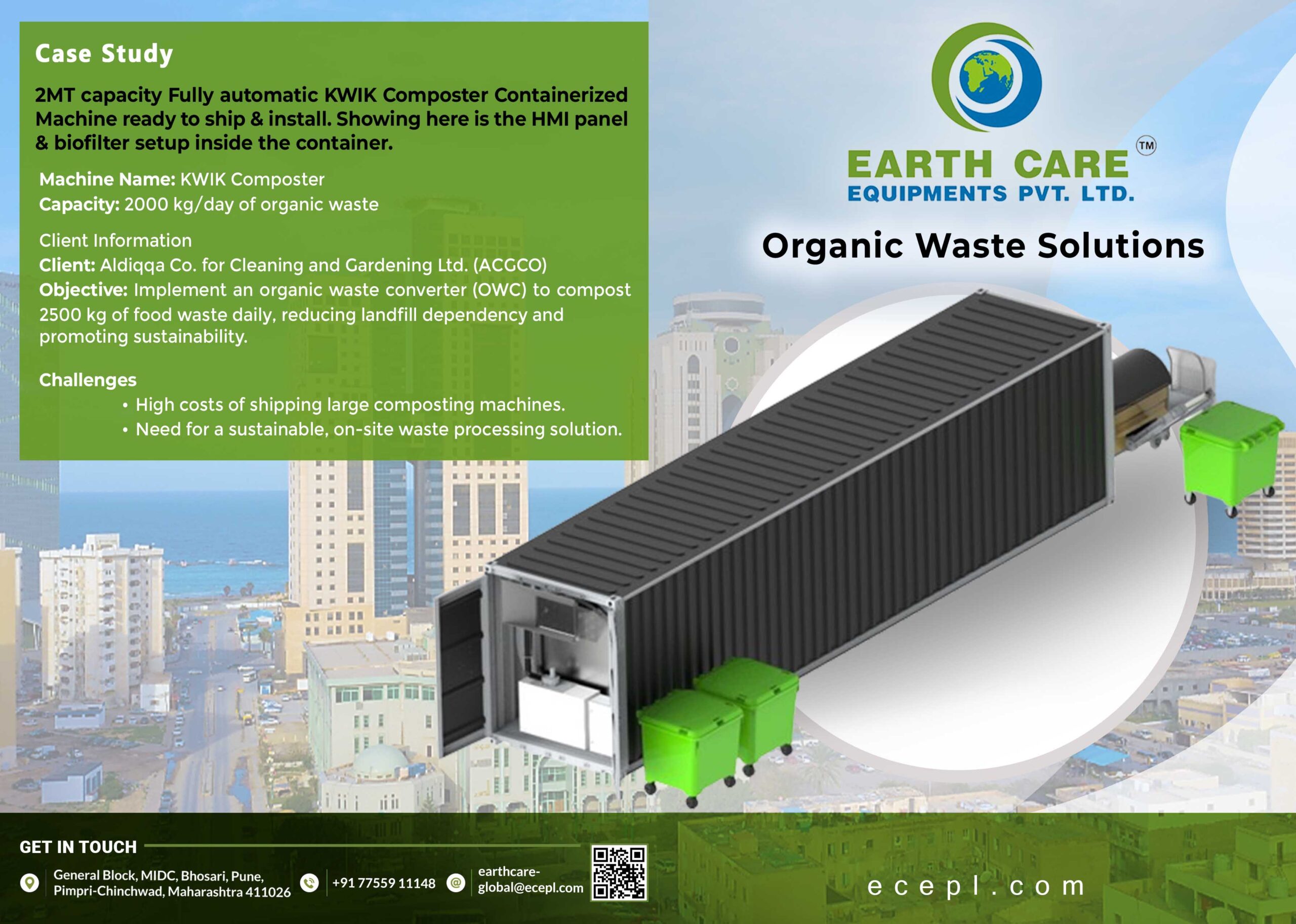
In recent years, the environmental movement has gained significant traction, with increased awareness about the detrimental effects of waste accumulation and greenhouse gas emissions. Among various innovative solutions, composting machines have emerged as a promising technology to address the challenge of reducing landfill waste and mitigating methane emissions.
Landfill Waste & Methane
Landfills are massive sites for waste disposal, where garbage undergoes decomposition in the absence of oxygen, leading to the production of methane—a potent greenhouse gas. Methane emissions contribute significantly to climate change and pose serious environmental risks.
Environmental Impact
The accumulation of organic waste in landfills not only generates methane but also leachate, a toxic liquid that can contaminate soil and water sources. Additionally, the space constraints and aesthetic concerns associated with landfills necessitate alternative waste management strategies.
Role of Composting Machines
Composting machines offer a sustainable solution by converting organic waste into nutrient-rich compost through aerobic decomposition. These machines accelerate the natural composting process by controlling temperature, moisture, and aeration, resulting in faster decomposition and odor reduction.
How composting machines work
Composting machines utilize a combination of mechanical mixing and microbial activity to break down organic matter into compost. By providing optimal conditions for microbial growth, these machines facilitate efficient decomposition while minimizing methane production.
Benefits of composting machines
- Waste Reduction: Composting machines divert organic waste from landfills, reducing the volume of waste that requires disposal.
- Methane Mitigation: By promoting aerobic decomposition, composting machines minimize methane emissions, thus mitigating their impact on climate change.
- Resource Recovery: The compost produced can be used as a nutrient-rich soil amendment in agriculture, landscaping, and horticulture, promoting soil health and fertility.
Methane Emissions Reduction
Composting machines play a crucial role in reducing methane emissions by diverting organic waste from anaerobic conditions in landfills. Aerobic composting effectively harnesses the carbon and nitrogen present in organic matter, converting it into stable compost while minimizing methane production.
Earthcare Equipment
One notable example of composting machine technology is Earthcare Equipment, a leading manufacturer of organic waste converters. Their innovative machines utilize advanced technology to efficiently process organic waste and produce high-quality compost. By partnering with municipalities, businesses, and communities, Earthcare Equipment has demonstrated the effectiveness of composting in waste management and methane reduction.
Community Benefits
Beyond environmental impact, composting machines offer various benefits to communities, including:
- Local Resource Recovery: Composting encourages the local production of nutrient-rich soil amendments, reducing the reliance on synthetic fertilizers and imported compost.
- Job Creation: The implementation of composting programs creates opportunities for green jobs in waste management, composting operations, and agricultural sectors.
- Educational Opportunities: Composting initiatives provide valuable educational experiences for schools, community groups, and individuals interested in sustainable practices and environmental stewardship.
Challenges and Solutions
- Despite its benefits, composting faces challenges such as:
- Infrastructure Requirements: Establishing composting facilities and collection systems requires investment in infrastructure and logistical planning.
- Contamination Concerns: Contamination of compost with non-biodegradable or hazardous materials can compromise its quality and usability.
- Behavioral Change: Encouraging widespread adoption of composting practices requires public education, outreach, and incentives to change consumer behavior.
Public Awareness
Raising public awareness about the environmental benefits of composting is essential for fostering community engagement and participation. Educational campaigns, workshops, and outreach programs can inform individuals about the importance of waste reduction, resource recovery, and climate action.
Future of Composting
As technology advances and awareness grows, the future of composting holds promising opportunities for innovation and sustainability. From decentralized composting systems to integrated waste management solutions, composting will continue to evolve as a vital component of the circular economy.
Summary
Composting machines offer a practical and scalable solution to the challenges of landfill waste management and methane emissions reduction. By harnessing the natural process of decomposition, these machines not only divert organic waste from landfills but also contribute to soil health, carbon sequestration, and sustainable agriculture. Through collaboration between industry, government, and communities, composting can play a significant role in building a more resilient and resource-efficient future.




